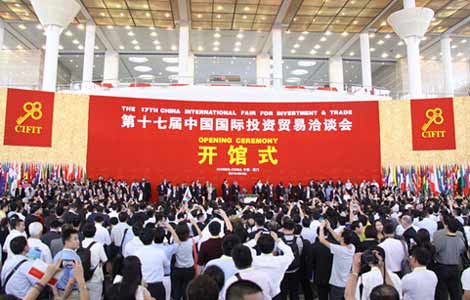Cure sought for medical sector's ills
Updated: 2013-09-12 07:56
By He Na and Jiang Xueqing in Beijing, and Han Junhong in Changchun (China Daily)
|
||||||||
Deep-rooted problems
Song Shan, a regional manager at a large pharmaceutical plant in Guangdong province, who has worked in the medical industry for more than two decades, said the problems are deep-rooted.
"Foreign pharmaceutical enterprises are no different from their domestic peers. If they want to survive and make a profit, they need to go through the channels of hospitals and doctors," he said.
"Medical resources in China are highly concentrated in, and monopolized by, the large public hospitals. Therefore, the doctors at these hospitals naturally exercise great power," he said.
Gaining the confidence of doctors is not easy because they are now very cautious, so a lot of businesses hire public-relation experts to train their sales reps, he said.
According to Song, besides providing kickbacks for medical staff, the reps even extend their largesse to the families of doctors and hospital chiefs and, if the customer is deemed important enough, greater temptations, such as overseas travel, will be offered.
"Most of each kickback payment ends up in the doctor's pocket. Compared with the doctors, the amount that the manufacturers and sales representatives receive is much lower," he said.
Song recalled taking his son to a public hospital in May because the boy was running a fever. The doctor prescribed three boxes of a foreign-brand antipyretic at a cost of 70 yuan ($11) per box.
"What made me angry was that the drug he prescribed can have a serious adverse effect on children's growth and should not be recommended for kids. I pounded on his desk and questioned the prescription. When he learned that I was a drug industry professional, the doctor's attitude underwent a U-turn and he prescribed two boxes of a much cheaper domestic drug," he said.
Zhang Shuang, a manager at a large State-owned pharmaceutical company in Jilin, said, "As pharmaceutical manufacturers, we hate commercial bribery. However, there is no rule of fair competition in our market, so it's almost impossible to get your drugs on the prescription list if you don't pay high kickbacks."

 China's Christian churches reduce leaders' age ceiling
China's Christian churches reduce leaders' age ceiling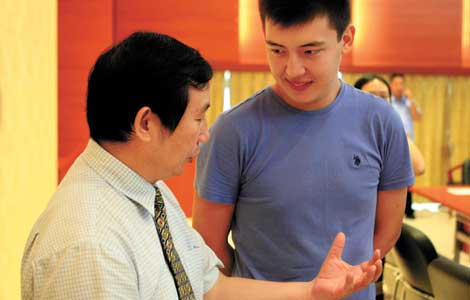
 Student's rare blood bonds Kazakhstan and China
Student's rare blood bonds Kazakhstan and China
 Apple's low-end phone price disappointing
Apple's low-end phone price disappointing
 US marks 9/11 anniversary
US marks 9/11 anniversary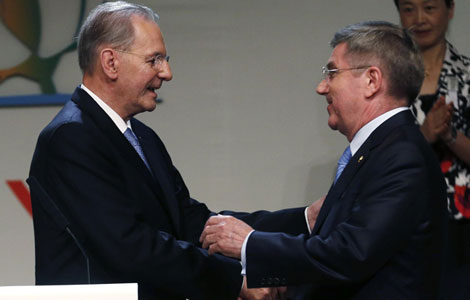
 German Bach elected as IOC president
German Bach elected as IOC president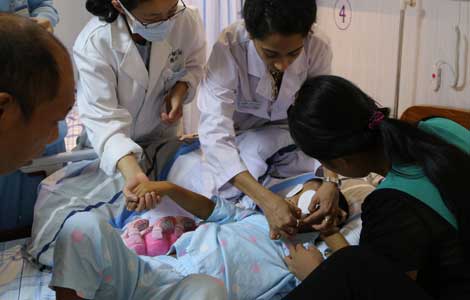
 Implant surgery for boy's eyes a success
Implant surgery for boy's eyes a success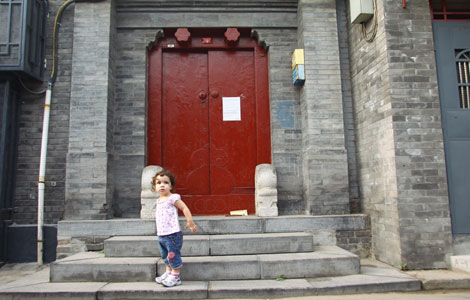
 Hutong life facing change
Hutong life facing change
 New York Fashion Week in session
New York Fashion Week in session
Most Viewed
Editor's Picks

|

|

|

|

|

|
Today's Top News
Report questions US firms pursuing cloud computing in China
Reducing poverty gains momentum in Asia
China turns to US sorghum for animal feed
Russia proposal likely to avert US airstrikes
Li stresses transformation of economy
FM dismisses Philippine accusations
China's global firms face 'trust gap'
Shanghai gets tips on innovation
US Weekly

|

|

